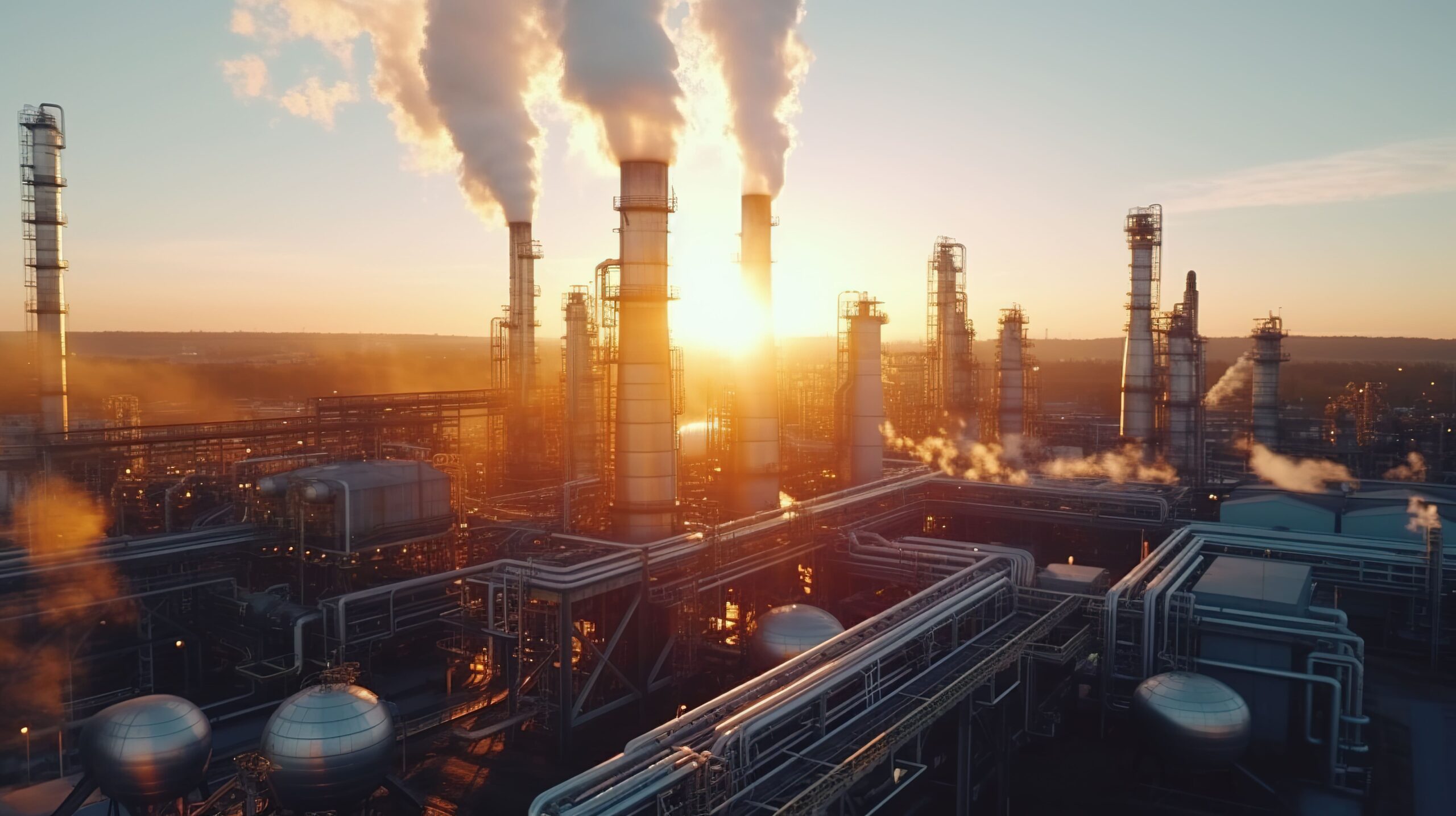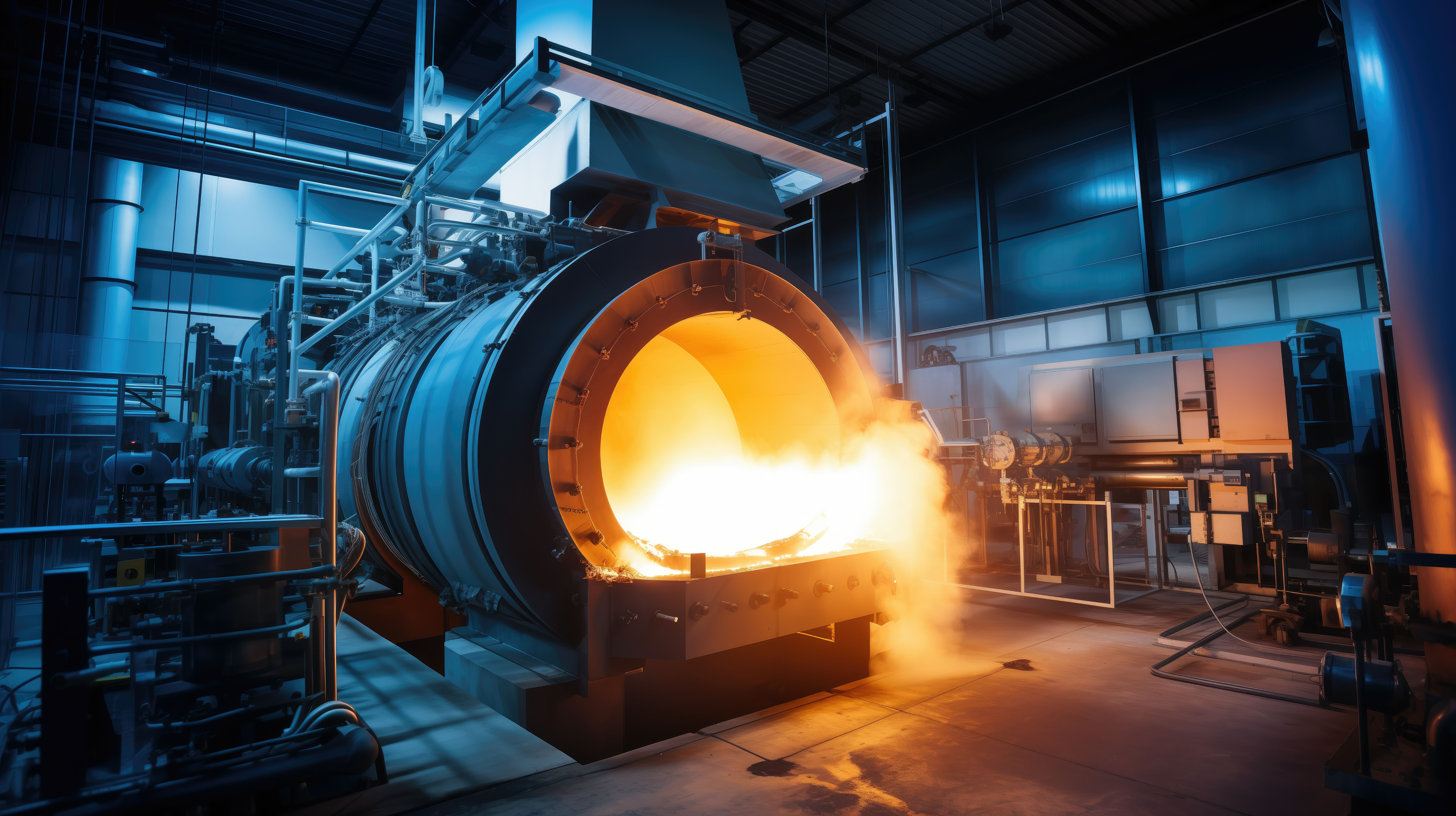
SHIP4D Project
Solar heat for decarbonisation
Industrial processes using heat at temperatures between 50 and 1,500 degrees represent approximately 70% of industrial energy consumption. Energy consumption in industry is generally classified into three temperature ranges: low (400 degrees) corresponding to various solar technologies. Concentrating solar technologies is mandatory to produce solar heat at more than 150 degrees. The SHIP4D project will address the central issue of the in-depth integration of solar heat into industrial processes (IP). This question will be answered in three ways: 1) solar heat can be injected into industrial processes with a limited change to the process, 2) the integration of solar heat requires significant changes to the process 3) new processes and reactors need to be developed to substitute solar energy for fossil fuels. The answers will be given according to applications at various temperatures (up to 1500 degrees).
The scientific questions are related to 1) dynamic control of industrial processes by including a solar heat source, 2) the efficiency of heat transfer in processes and the optimal use of energy within the process, 3) the development of innovative solutions for producing, transporting and storing high solar temperatures, and a proof of concept for solar receivers/reactors for processes at over 1000 degrees. The transient and cyclical nature of the resource, the solar interface for processing and the change of scale are the main barriers.
Duration: six years – Allocated budget: €2.4M
Integration of solar heat into industrial processes (SHIP integration), TRL 2 to 4, solar heat production, transport and storage from 600 to 1000 degrees, TRL 2 to 4, solar metallurgy (above 1000 degrees) TRL 1 to 3.
Energy from the industrial sector accounts for 32% of global consumption: more than 70% of this energy comes from heat. Half of industrial heat is used below 400, half above. Industry accounts for 21% of CO₂ emissions worldwide, since 90% of energy is derived from fossil combustion. In France, the five industrial sectors consuming 85% of all industrial energy are the chemical industry, metallurgy, plastics, rubber and non-metallic industries, paper and food industries.
7 patents, 2 software and control tools for solar heat integration, three new processes (at least one for each research task), two new concepts, 20 publications in peer-reviewed journals, 9 PhD students, 36 post-doc months.
The consortium
PROMES (CNRS Font Romeu/Perpignan), LITEN (CEA, Grenoble), LTeN (CNRS, Université de Nantes).
Coordination


